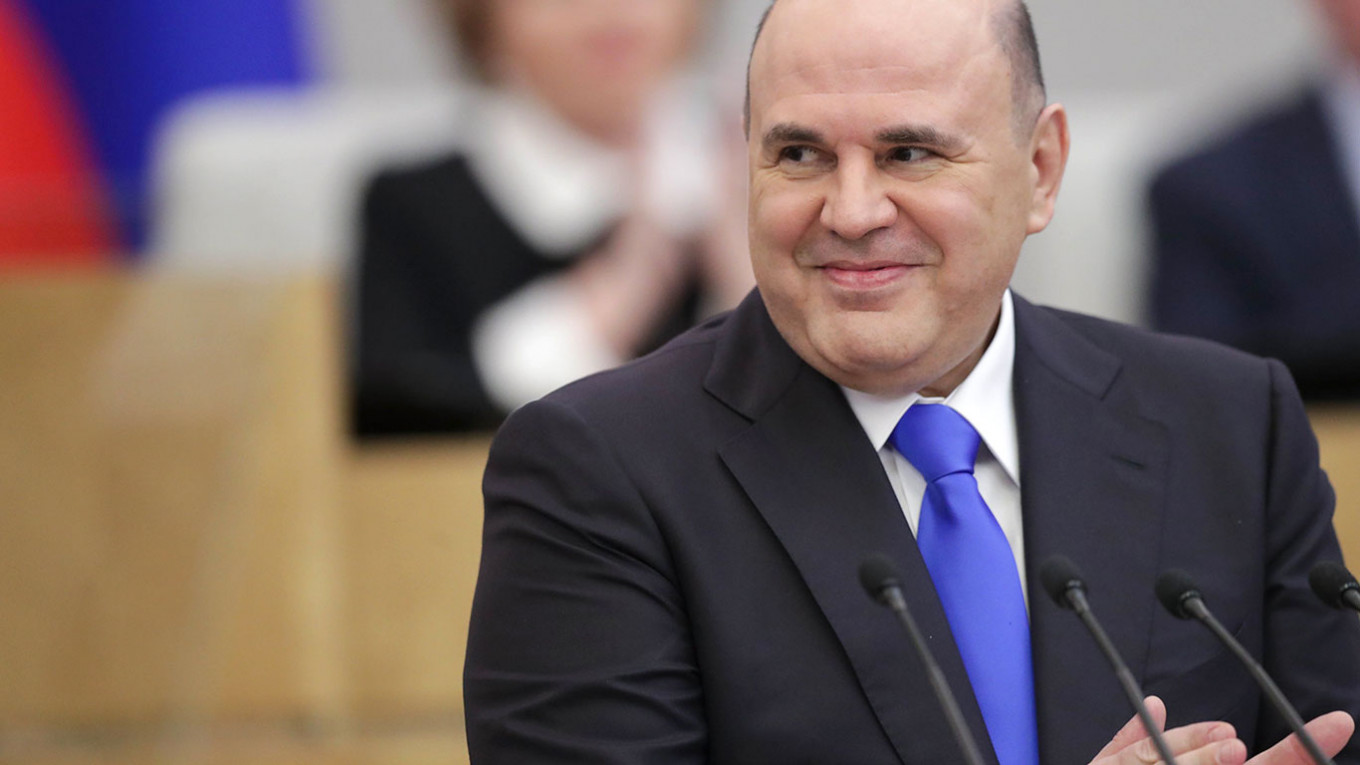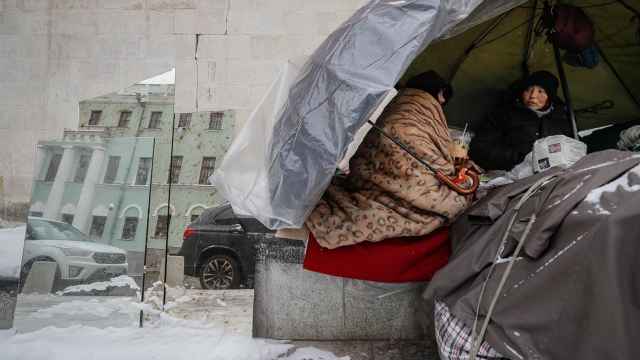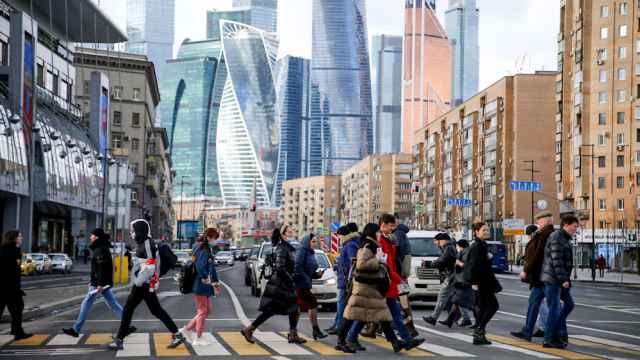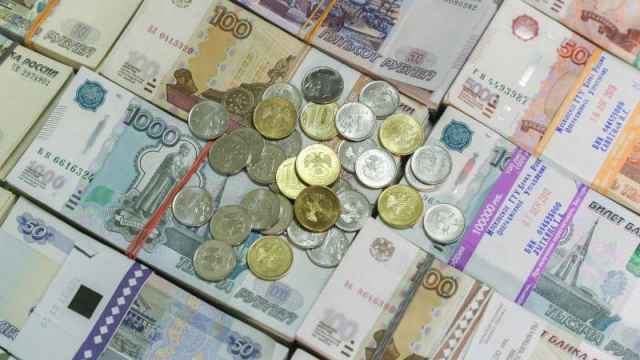Russia is set to boost wages and welfare payments for millions in a bid to ease the economic fallout of the country’s invasion of Ukraine.
A bill signed by Russian Prime Minister Mikhail Mishustin Monday will raise pensions, as well as Russia’s minimum wage and living wage, by around 10%, according to business daily Vedomosti.
Under the new measures, non-working pensioners will receive an extra 19,000 rubles ($300) each month, while allowances given to families with children under three will also rise. There will also be more financial support for low-income families with children up to the age of 17.
The proposal was set out by President Vladimir Putin last week during a televised meeting of Russia’s State Council, where he stressed that the Kremlin’s main task would be to ensure that the minimum wage remained above “subsistence minimum.”
Mishustin told state-run media outlet RIA Novosti that “more than 500 billion rubles had been allocated in the federal budget to support more than 50 million citizens,” with some four million people alone affected by an increase in wages.
The bill is a response to soaring annual inflation across Russia, which is currently estimated to be at a 20-year-high of around 18%, according to Bloomberg.
In his address last week, President Putin stated that 2022 would be a “difficult” year for Russia’s economy.
While analysts have regularly cited Russia’s invasion of Ukraine and the resulting Western-imposed sanctions as the primary reason for the country’s financial turmoil, the Kremlin has played down the conflict’s role, pointing instead to similar economic unrest elsewhere.
“In countries that aren't conducting any operations — say, overseas, in North America, in Europe — inflation is comparable,” the president said.
Pension increases will come into effect from June 1, while the higher minimum wage will kick in on July 1.
But analysts predict that the new measures will do little to mitigate the economic fallout that has followed Russia’s war in Ukraine.
Bank VEB’s Research and Expert Review Institute told Reuters that higher welfare payments would not prevent an overall decline in Russians' real incomes, wages and pensions.
Russians' real disposable incomes are likely to fall by around 7.5%, while real wages drop by around 6%, VEB predicts. The impact could see poverty rates across Russia jump nearly 2% to 12.6%, up from 11% in 2021.
A Message from The Moscow Times:
Dear readers,
We are facing unprecedented challenges. Russia's Prosecutor General's Office has designated The Moscow Times as an "undesirable" organization, criminalizing our work and putting our staff at risk of prosecution. This follows our earlier unjust labeling as a "foreign agent."
These actions are direct attempts to silence independent journalism in Russia. The authorities claim our work "discredits the decisions of the Russian leadership." We see things differently: we strive to provide accurate, unbiased reporting on Russia.
We, the journalists of The Moscow Times, refuse to be silenced. But to continue our work, we need your help.
Your support, no matter how small, makes a world of difference. If you can, please support us monthly starting from just $2. It's quick to set up, and every contribution makes a significant impact.
By supporting The Moscow Times, you're defending open, independent journalism in the face of repression. Thank you for standing with us.
Remind me later.






